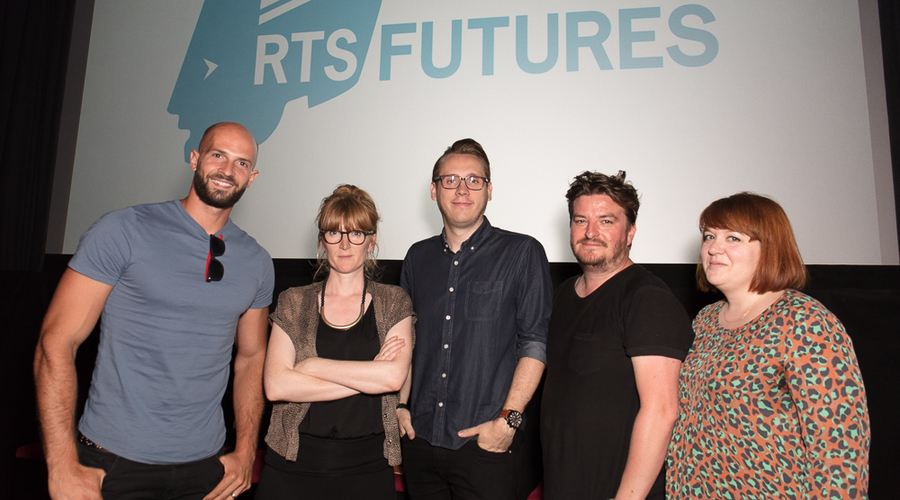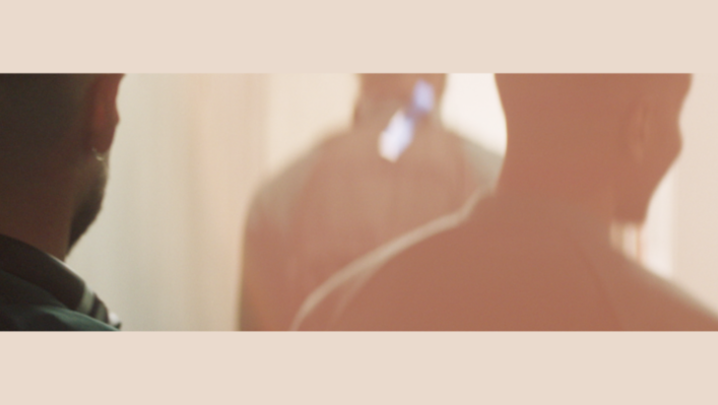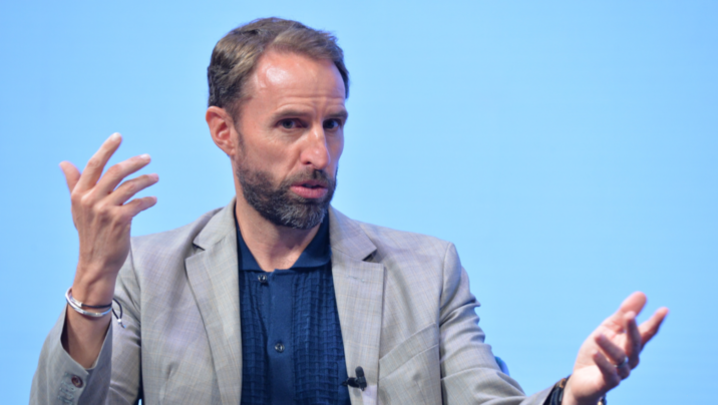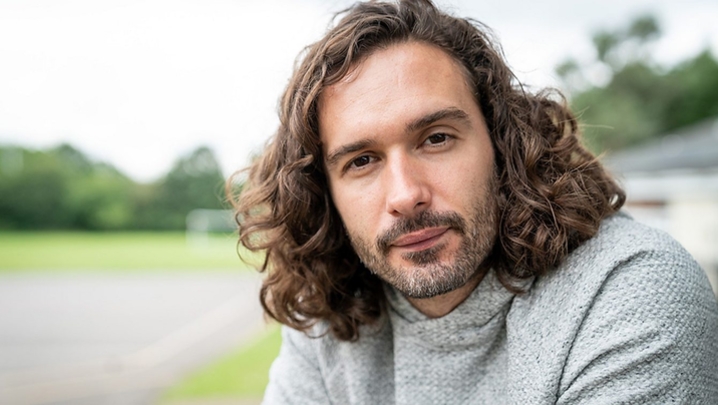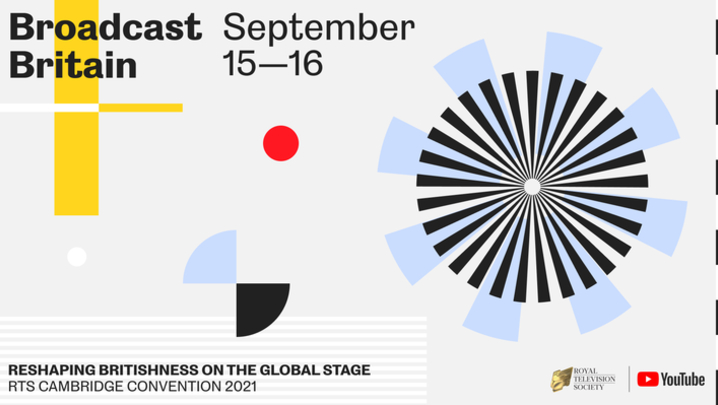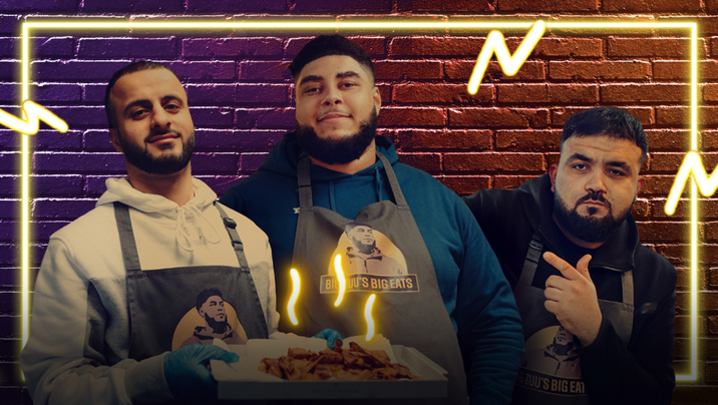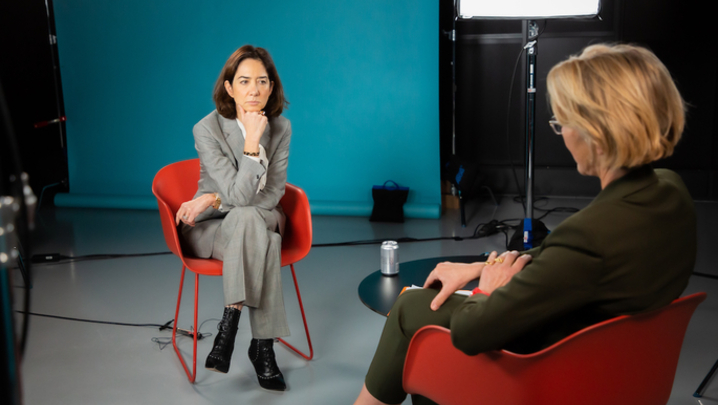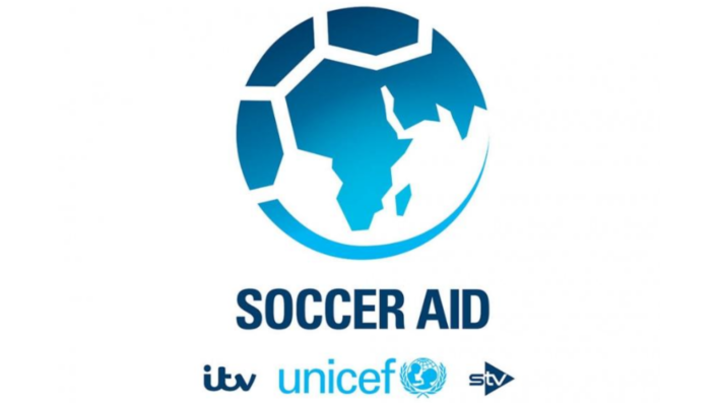Execs are always on the look out for the latest online sensations, hoping that the YouTubers can bring their fan base with them to traditional telly. But, as the latest RTS Futures event discovered, the talent doesn’t necessarily need TV.
“YouTube is an amazing platform – you can build an audience and you know that they’re there to see you,” said football freestyler Daniel Cutting. “I don’t think my audience – kids between 8 and 13 or 14 – watch TV.”
He has more than 250,000 YouTube subscribers and more than half a million Instagram followers watching his football tricks. “On TV you don’t get to know the person; they’re kind of distant. [Online, viewers] can engage, comment and like, and potentially get a response from someone. YouTubers are becoming the new celebrities,” he said.
Cutting was one of a four-strong panel at the mid-June event, which was chaired by Alex Lawrence, the founder of content creator Clearhead Digital.
Spirit Digital Media founder Matt Campion argued that the distinction between TV and digital content was becoming blurred and that eventually “it will all become one”. Spirit Digital Media's output includes Jamie Oliver’s Food Tube and Dom Joly’s revived hidden camera show, Trigger Happy, for All4.
“Content is really easy to make these days,” he said. “Look at [fitness guru] Joe Wicks – he built his social media audience off a mobile phone.”
Wicks now has a Channel 4 show, The Body Coach, but Campion claimed that the transition from YouTube to TV can be tricky. “I’ve seen lots of YouTube stars who have been commissioned because of their audience and they fell completely flat on television – it doesn’t always cross over well,” he said.
He added that there was too much emphasis on YouTube: “Content creators are also on Snapchat, Instagram and Facebook.”
Georgia Moseley, creative lead at the digital arm of BBC Studios, argued that the digital world was a “noisy and crowded” place.
“The key thing for me is curation,” continued Moseley, who develops and produces interactive content across the BBC. “The most difficult thing is to stand out – it’s not enough to be brilliant, you have to be found. That is going to be the biggest challenge for everyone from BBC content makers through to some kid sitting in his bedroom.”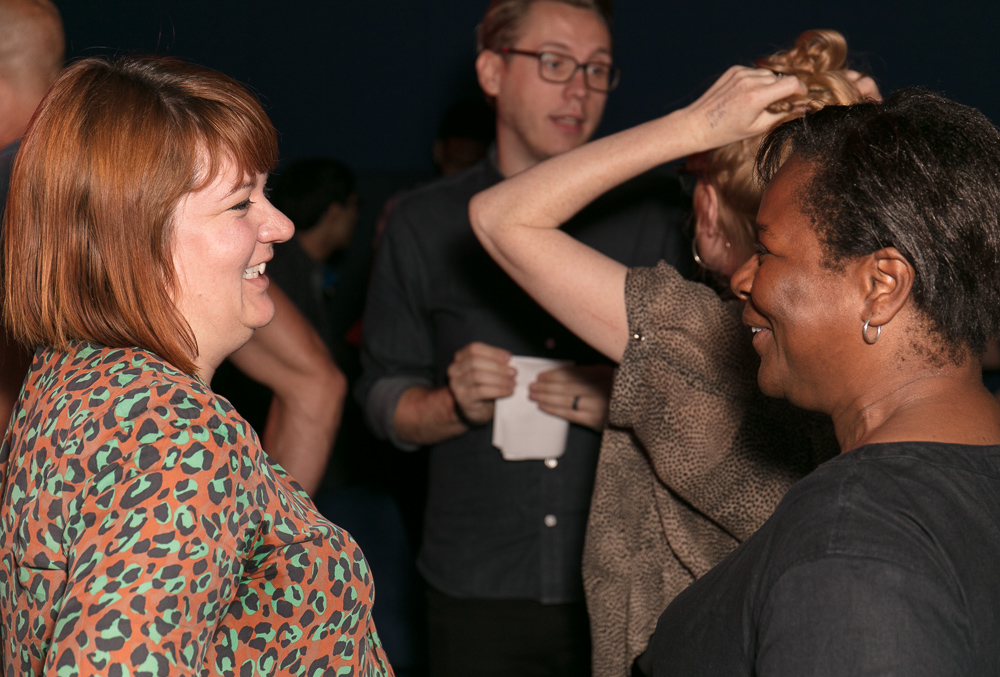

The market, Campion added, was now “saturated”, which puts an onus on producers to think more scientifically, and use audience data and analytics to build and retain an audience. “You have to try and understand your audience and its behaviour,” he said.
“The talent can come from anywhere,” claimed Janine Smith, head of digital entertainment, comedy and drama at ITV. “We invest a lot in developing YouTube content.”
Smith creates digital spin-off shows, apps and social media campaigns for big ITV shows such as The Voice UK and Saturday Night Takeaway. “You still need the strong stories, but the way people consume them needs to be taken into account when you make them.”
The boundaries between online and traditional telly may be blurring, said Smith, but “just because it’s on a screen that isn’t in the corner of your living room, doesn’t mean it’s not television.”
Campion predicted that branded content would be “massively important”, but warned that brands mustn’t become too loud. Authenticity is key, he stressed, and if a YouTuber loses it by pushing a brand overtly, their fanbase may desert them.
“You’re going to be seeing a lot more branded stuff,” predicted Cutting. “I can still make the content I want to make, but having a brand on board helps to pay the bills.
“If it’s heavily branded and obvious, the comments start to [come in]. Do branded stuff but drop it in subtly.”
The RTS Futures event, “From YouTube to TV”, was held at the Curzon Soho in central London on 19 June. Ethel Mercedes, Alex Lawrence and Lyle Ashun were the producers.


